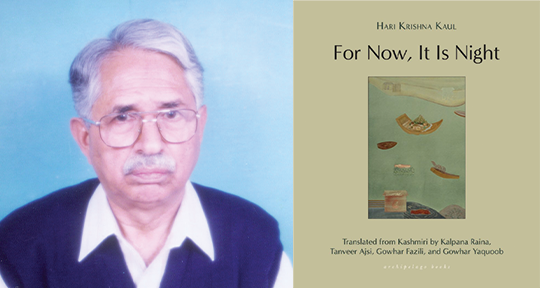This week, our Editors-at-Large take us around the world for updates on literary events, awards, and initiatives. From a celebration of the 101st edition of a cornerstone in Bulgaria’s literary scene, to a deep dive into innovative literary prizes in China, and an introduction to the winner of the 2025 Armory Square Prize for South Asian Literature in Translation—read on to learn more.
Andriana Hamas, Editor-at-Large, Reporting from Bulgaria
Recently, I had the pleasure of attending a couple of literary events organized within the annual Пловдив чете (“Plovdiv Reads”) festival in my hometown. One of them was a discussion about the anniversary issue (the 101st, to be precise) of the Bulgarian magazine for literature and the humanities called Страница (“Page”).
The magazine, published every three months, was founded in 1997 in Plovdiv in collaboration with the local university St. Paisii Hilendarski. Throughout the years, it has provided a platform for a vast array of voices. In fact, almost all Bulgarian authors who have been active since and before Issue 1 have been present on its pages through their poetry, short stories, essays, criticism, memoirs, translations, interviews, and more. What truly separates it from other similar projects, however, is the dedicated literary criticism section and its yearly academic analysis of the development of Bulgarian literature over time, the directions it seems to have taken, and emerging trends in the Bulgarian literary scene.



